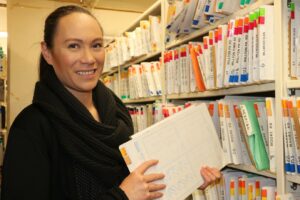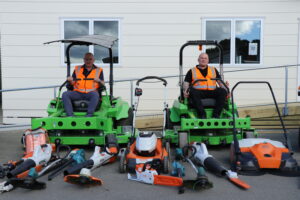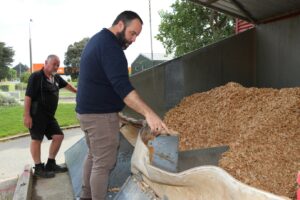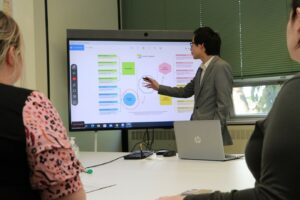Climate change is a process that has evolved and accelerated over the last century. It is one of the biggest challenges we currently face.
This process will impact our natural and built environment including changes to temperature, rainfall patterns, river flows, and sea-level will have direct effect on where and how we live and what we produce.
Through legislation councils are required to consider the effects of a changing climate on communities. A climate perspective is now incorporated into activities such as planning, building regulations, flood management, and transport through plans, projects, and standard decision-making procedures.
Our understanding of climate change and the science behind it informs us that we must not only attempt to mitigate the effects of climate change, but also adapt to them. A community can become climate resilient by working together to reduce carbon emissions and adapt to its possible effects.
Environment Southland play a key role in the climate change space and Invercargill City Council is committed to working together in partnership to address the city’s climate-related issues.
What are the climate change effects in Southland?
The most recent study on the effects of climate change on the Southland region is NIWA’s 2018 report. This sets out a summary of the potential effects of the changing climate on Southland, and provides a useful tool for gaining an overall understanding of all possible scenarios for the next 100 years.
This report shows that in Southland we can generally expect more intense rainfall events, but also longer periods without rain. Sea levels are also expected to increase each year by approximately 10mm, which can have a significant impact on our community.
One of the most effective tools in mitigating the effects of climate change, and increasing community resilience, is the reduction of greenhouse gas emission.
This is both an individual and collective responsibility for every community. Council has already moved to reduce greenhouse gas emission not only to mitigate effects of climate change, but also to save operational costs.
What is Council doing to respond to climate change?
Mitigation and emissions reduction
Council has reduced both emission and expenditure by initiating its transition to using alternative and more cost-effective sources of energy. Council’s reliance on fossil fuels, a costly and emission-intensive resource, is reduced wherever possible from transition to a hybrid vehicle fleet, the introduction of a wood chip boiler to provide heating to Splash Palace, digitisation of Council records, to transitioning to virtual meetings.
These achievements are part of Council’s vision and journey towards a sustainable future where environmental and economic gains are interlinked, for more information on Council’s sustainability vision see the Council’s Long term plan.
Adaptation
Crucial to climate resilience is a community’s ability to adapt to effects of climate change. Adaptation requires methodical planning in relation to infrastructure, biodiversity and natural hazards.
Invercargill City council supports Environment Southland’s climate resilience programme (Climate resilience programme – Environment Southland) to strengthen Invercargill’s flood protection schemes.
Council’s planning for adaptation is reflected in the Invercargill City District Plan 2019. Precise planning requires precise information on potential hazards, and this information is still being gathered. Council continues to use expert advice, scientific data and regional collaboration to amass the knowledge required for effective planning against the effects of climate change.
Regional approach
Council recognises the need for regional collaboration in the climate change space. Working closely with other councils in Southland, Invercargill City Council is a member of a regional working group on climate change. This working group is facilitated by Environment Southland and Te Ao Marama and is comprised of representatives from local authorities within our region. Invercargill City Council is represented by Deputy Mayor Tom Campbell and Cr Lesley Soper with support from council staff.
Our stories

33,000 property files being digitised will reduce Council’s carbon footprint

Environmentally friendly switch to hybrid vehicles will lower operating costs and emissions

Electric equipment used in parks saving dollars as well as CO2 emissions

Switch to woodchip boilers at Splash Palace better for the environment, and warmer for swimmers

Interactive conference system allows close collaboration and less travel
NIWA report
Want to find out more?
Contact policy@icc.govt.nz

